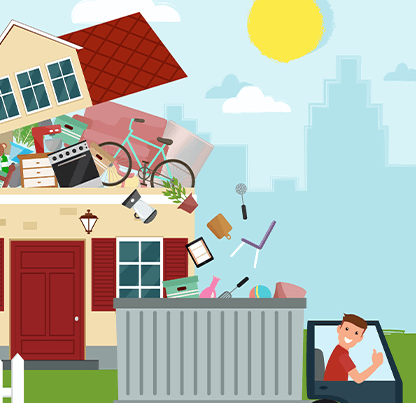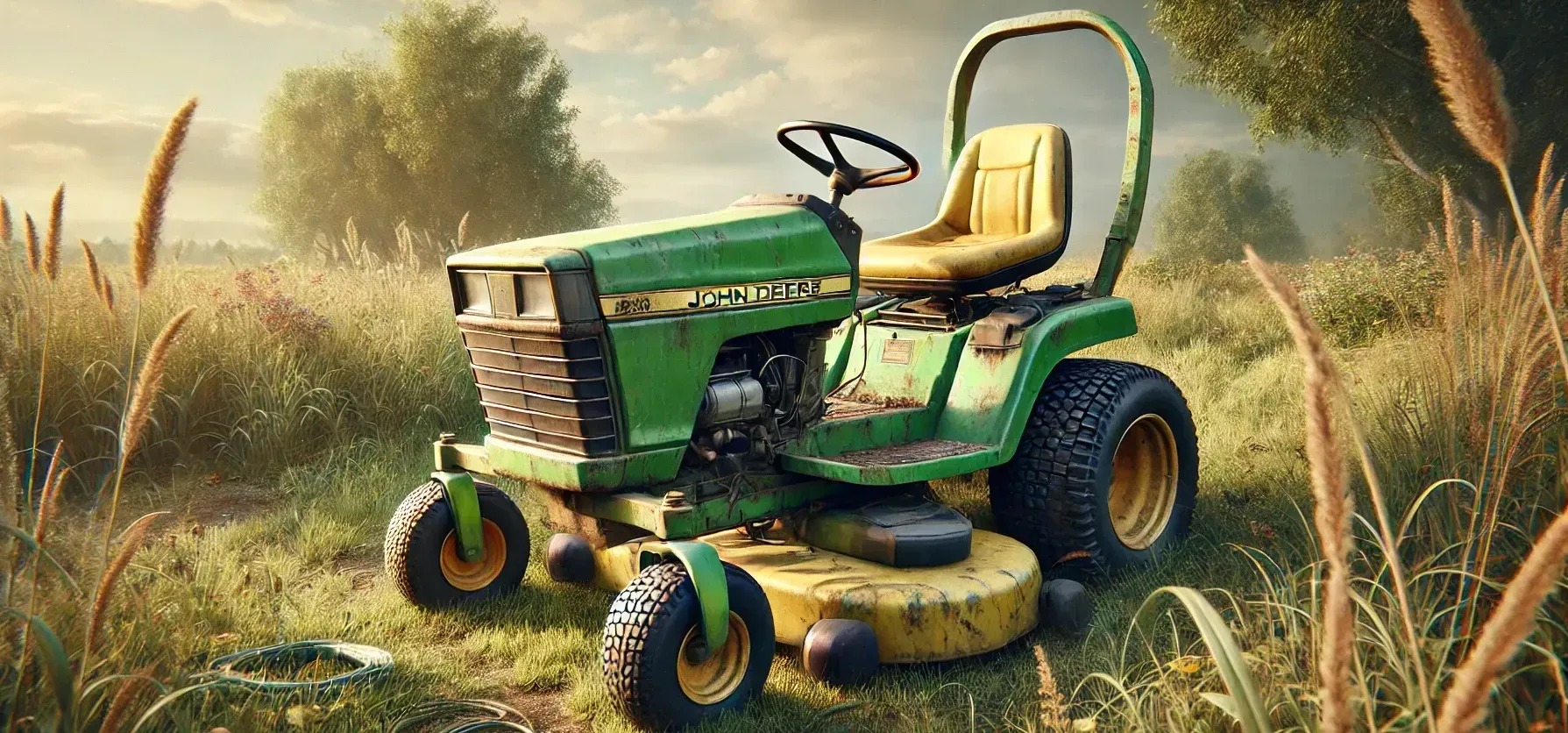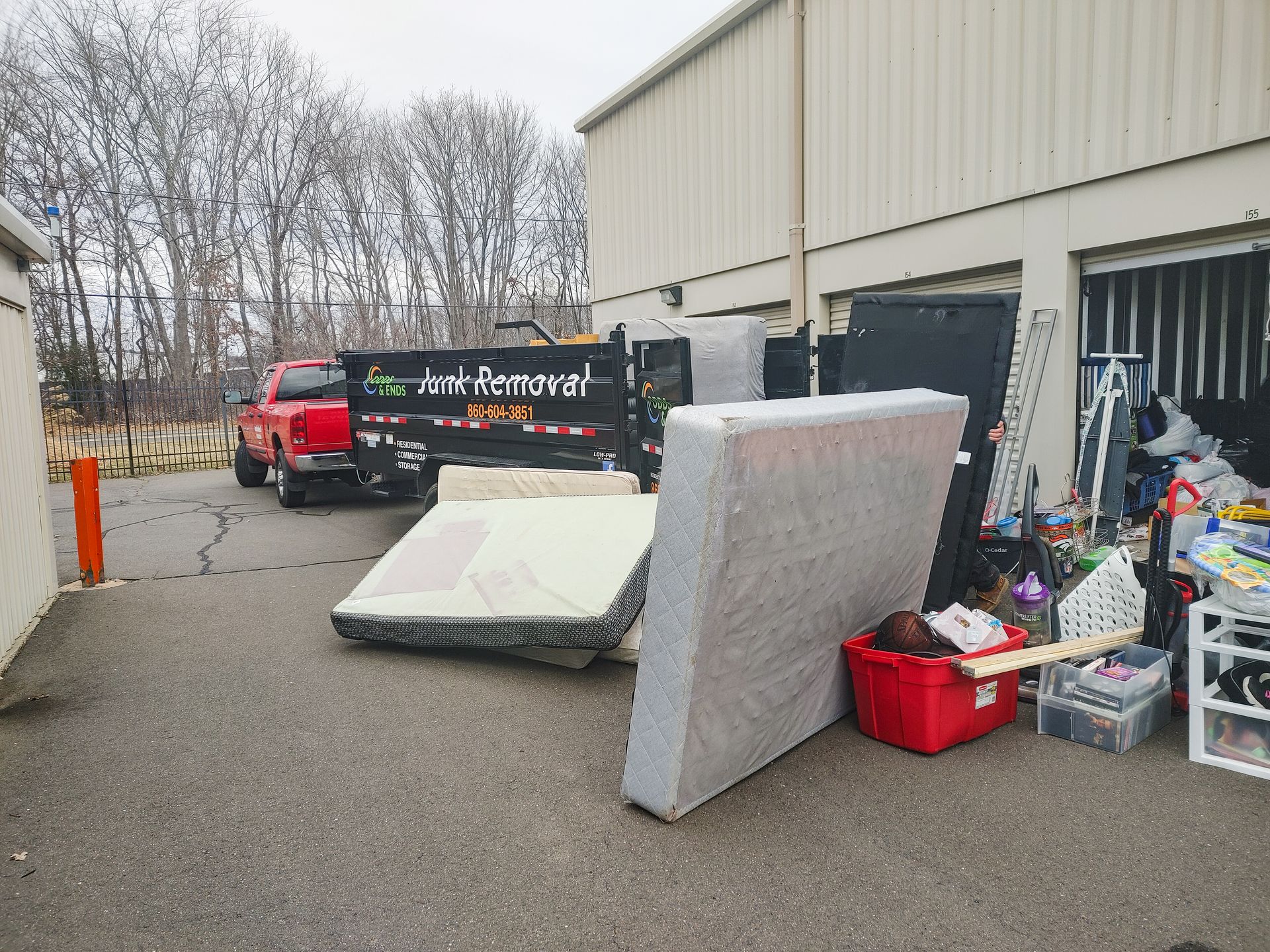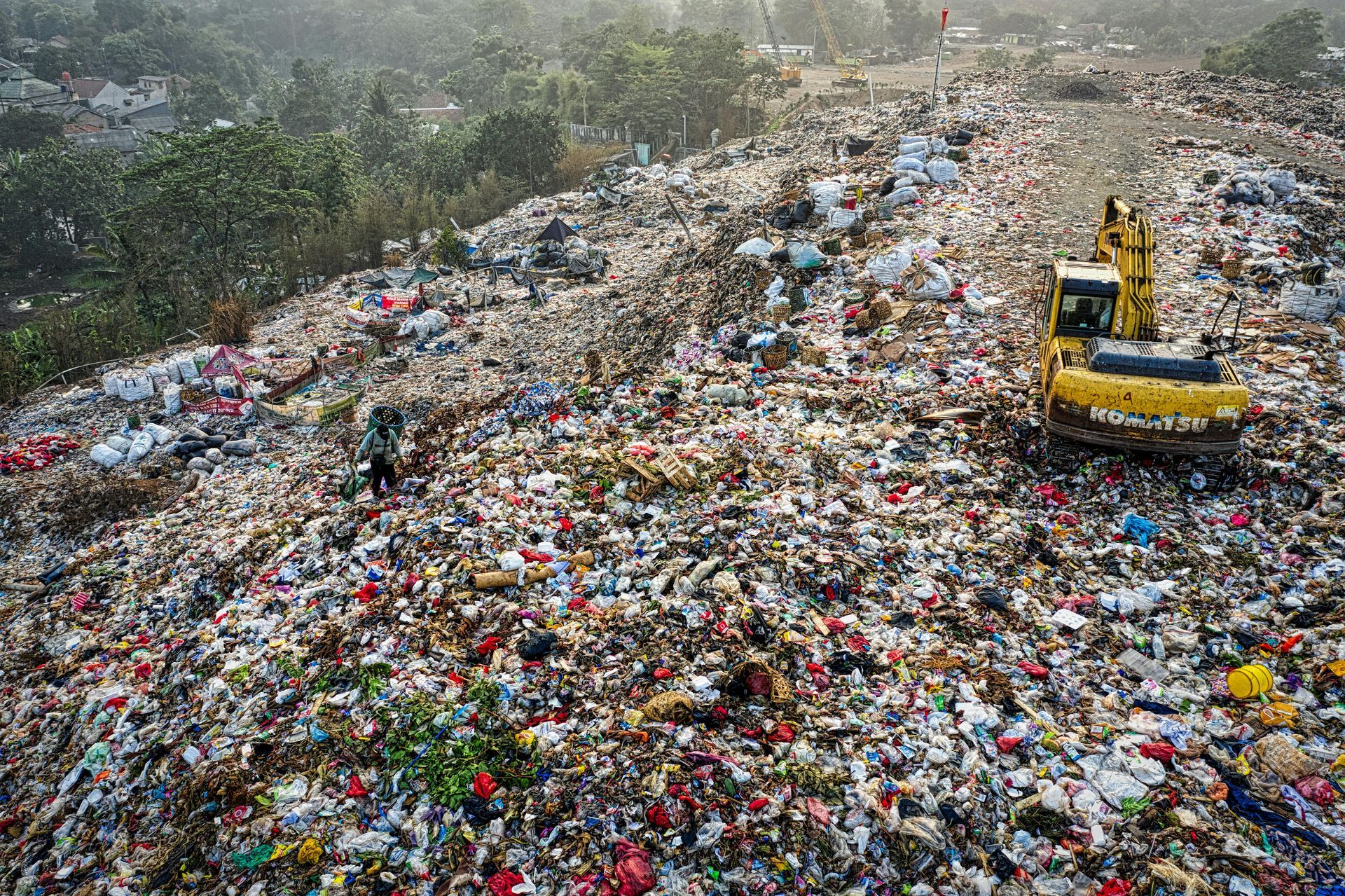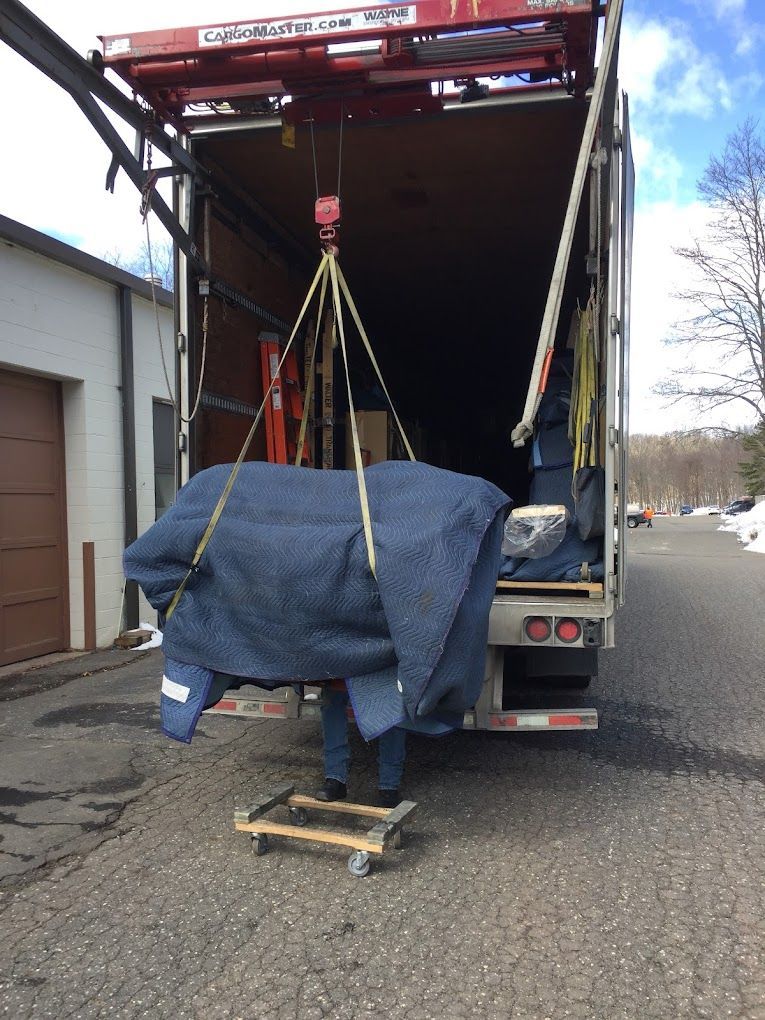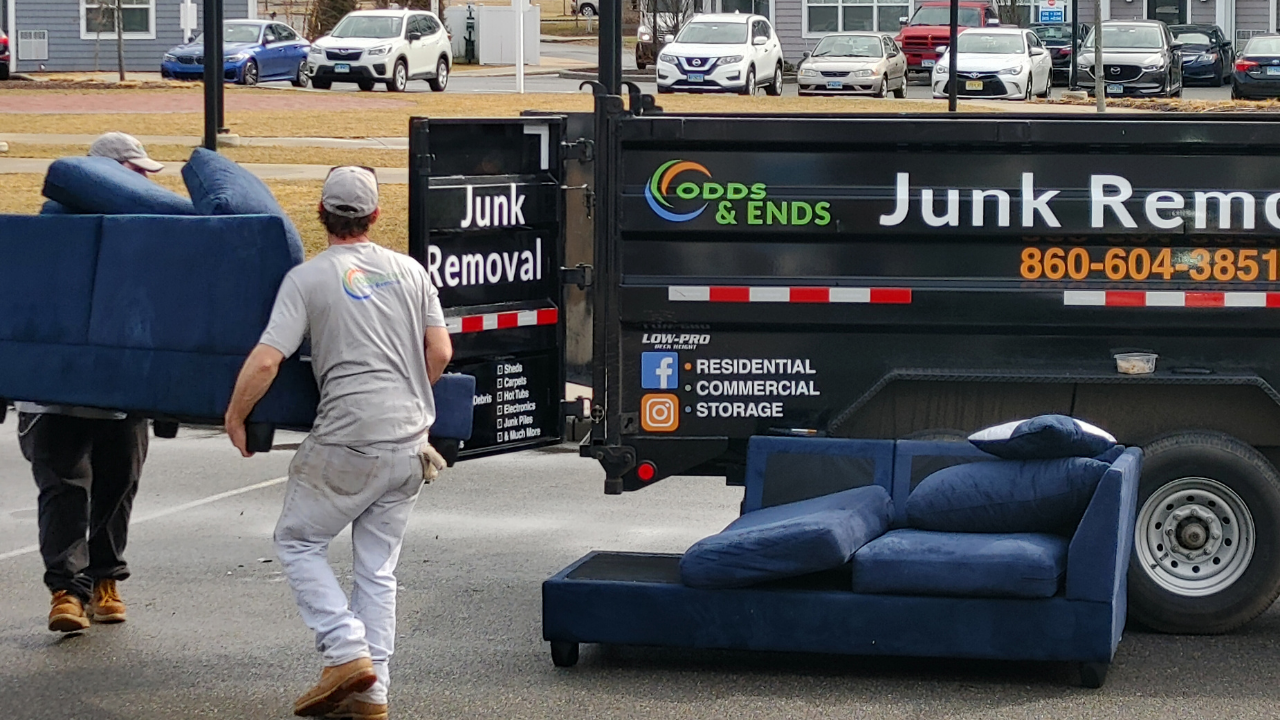By Paul Lindahl
•
November 28, 2023
In this article, we will explore the importance of cleaning out a storage unit, not only for the sake of cost savings but also for the peace of mind that comes with avoiding any potential legal issues. So, let's roll up our sleeves and discover the steps to efficiently clean out and organize your storage space, saving both money and potential headaches along the way. Understanding Lease Terms Understanding lease terms is crucial for tenants and landlords alike. It involves thoroughly reviewing the terms and conditions stated in the lease agreement, ensuring that both parties are aware of their contractual obligations. This includes understanding the responsibilities of the landlord, such as maintaining the property in good condition, and the tenant's obligations, such as paying rent on time. Lease duration is another important aspect to consider, as it establishes the period for which the property is leased. It is essential to be aware of the length of the lease and any provisions for renewal or termination. Additionally, reviewing the late payment policies is necessary to understand the consequences and potential fees associated with late or missed rent payments. By comprehending these crucial elements, both parties can maintain a transparent and mutually beneficial leasing relationship. Why Not Just Stop Paying When it comes to cleaning out a storage unit, it is important to understand the consequences of simply stopping payments and abandoning the unit. Here is a list of potential legal consequences: Breach of Contract: Abandoning a storage unit is likely a breach of the rental agreement between the tenant and the storage facility. This breach could lead to legal actions taken by the facility. Financial Penalties: Storage facilities often include clauses specifying penalties for early termination or abandonment. Tenants may be subject to financial penalties, additional fees, or forfeiture of the security deposit. Sale of Contents: Some storage agreements grant the facility the right to sell or auction off the contents of an abandoned unit to recover unpaid rent and fees. The proceeds may be used to offset the outstanding balance. Liens on Personal Property: Storage facilities may place a lien on the tenant's personal property within the abandoned unit. This legal claim gives the facility the right to retain possession of the items until outstanding fees are paid. Legal Notices and Collections: Storage facilities may issue legal notices demanding payment or removal of the abandoned property. Failure to comply may result in the facility hiring a collections agency or pursuing legal action to recover owed amounts. Credit Consequences: Non-payment and abandonment of a storage unit may negatively impact the tenant's credit score. Storage facilities can report delinquent accounts to credit bureaus, affecting the individual's creditworthiness. Termination of Services: Storage facilities may terminate services for tenants who abandon their units, and the facility may take legal steps to prevent the tenant from renting from them in the future. Civil Lawsuits: Storage facilities have the option to pursue civil lawsuits against tenants who abandon their units. Legal actions may be taken to recover unpaid rent, fees, and any damages caused to the facility. Potential Criminal Charges: In extreme cases where abandonment involves intentional theft, fraud, or other criminal activities, there may be a risk of facing criminal charges and legal prosecution. Public Auction Procedures: If the storage facility decides to auction the contents of an abandoned unit, they must adhere to specific legal procedures. Failure to follow these procedures could result in legal challenges from the tenant. Planning the Cleanout Process Allocating Sufficient Time When planning the cleanout process, it is crucial to set a schedule that allows for sufficient time to complete the task effectively. Allocating sufficient time ensures that the cleanout is not rushed, minimizing the chances of overlooking important details or leaving behind any clutter. By setting a schedule with specific time blocks dedicated to each area or room, one can approach the cleanout process systematically and efficiently. This helps to avoid feeling overwhelmed and ensures that the cleanout is completed within the desired timeframe. Additionally, allocating sufficient time allows for breaks and rest periods, preventing exhaustion and promoting productivity throughout the cleanout process. Considering Peak Hours By considering peak hours, one can strategically plan the cleanout process to avoid unnecessary disruptions or inconveniences. For example, if the cleanout involves moving large items out of the house, it may be wise to schedule these tasks outside of peak hours to minimize traffic or parking issues. Additionally, considering peak hours allows for better coordination with external service providers, such as donation centers or waste removal companies, as their availability and efficiency may vary during different times of the day or week Sorting and Organizing Items Keep, Donate, Sell, or Discard One of the crucial steps in cleaning out a storage unit is effectively sorting and organizing items into categories such as keep, donate, sell, or discard. . This process helps streamline the cleanout and ensures that items are properly dealt with. Begin by carefully assessing each item and deciding whether it is worth keeping or not. Consider its sentimental value, usefulness, and relevance to your current life. Items that are no longer needed can be donated to local charities or organizations, helping those in need while decluttering your unit. . If you come across items that might still have value, consider selling them through online marketplaces or organizing a garage sale. Finally, if items are damaged, broken, or no longer usable, it's important to discard them properly to avoid cluttering the unit with unnecessary items. By taking the time to sort and organize, the cleanout process becomes more efficient and allows you to create a system for managing your belongings in a storage unit. Inventory Checklist Start by surveying the contents of the unit and make a detailed list of everything stored inside. This could include furniture, boxes, appliances, and other belongings. As you go through each item, categorize them into different sections of the checklist based on their condition and importance. The inventory checklist not only helps in keeping track of what you have stored, but it also ensures that no item is overlooked during the cleanout process. Additionally, it serves as a reference tool for organizing the unit when you bring items back in or when you need to access specific belongings later. By having an inventory checklist, the cleanout process becomes more systematic and efficient, making it easier to declutter and organize your storage unit effectively. Cleaning and Preparing the Unit for Return Recycling and Donation Options When it comes to cleaning and preparing a unit for return, it is essential to explore recycling and donation options to minimize waste and give the unit a second life. Recycling involves responsibly disposing of the unit's components, ensuring that valuable materials are recovered and repurposed. This can be done by researching local e-waste recycling centers or contacting the manufacturer for guidance. On the other hand, donation provides an opportunity to benefit someone in need while reducing environmental impact. Charitable organizations, schools, or community centers often accept gently used units and refurbish them for further use. Before donating, it is crucial to erase any personal data and restore the unit to factory settings to protect privacy. Cleaning the storage Unit to Meet Lease Requirements Cleaning and preparing the storage unit for return is crucial in meeting lease requirements. Tenants must ensure that the unit is thoroughly cleaned and organized before vacating, as specified in the lease agreement. This involves removing all belongings and debris from the unit, disposing of any unwanted items responsibly, and sweeping or vacuuming the floors. Engaging the services of a professional junk removal company can simplify this process, ensuring efficient and responsible disposal of unwanted items. Additionally, it is essential to address any damages or repairs that may have occurred during the tenancy. By adhering to these cleaning guidelines, tenants can guarantee that the storage unit is in proper condition and meets the lease requirements, preventing any possible disputes or fines with the storage facility In conclusion, cleaning out a storage unit offers various benefits, including financial savings and the avoidance of legal and credit implications. By decluttering and organizing your storage space, you can potentially eliminate unnecessary rental fees and avoid the need to rent additional units. This results in saving money in the long term. Overall, taking the time to clean out and organize your storage unit can lead to significant benefits that positively impact both your finances and overall peace of mind.
